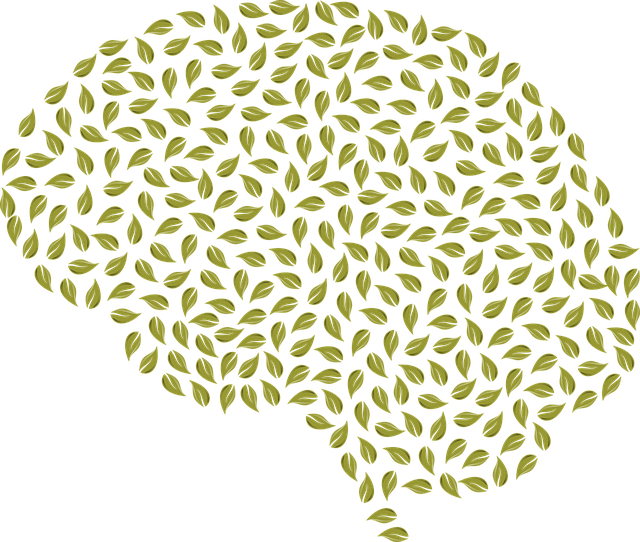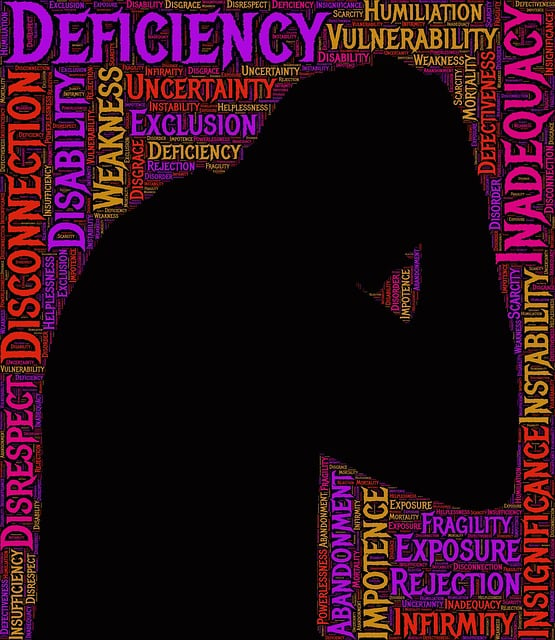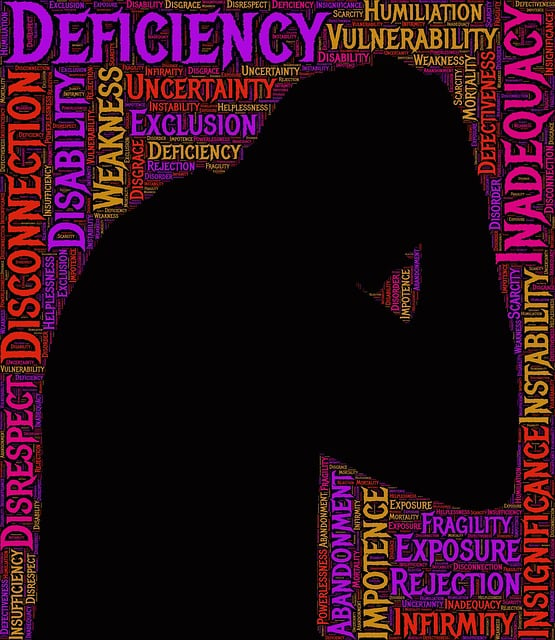Littleton Major Life Transitions Therapy focuses on empowering individuals through emotional healing and coping strategies during challenging life changes like moving, job loss, or bereavement. Using evidence-based practices such as cognitive behavioral therapy, mindfulness, and compassion cultivation, this program educates participants about mental well-being, fosters resilience, and prevents depression and anxiety. Through interactive workshops, discussions, and data-driven evaluations, the LMT Program offers a comprehensive framework for navigating major life transitions effectively in Littleton, Colorado.
Mental health is a cornerstone of overall well-being, especially during life transitions. This article explores the Littleton Major Life Transitions Therapy program as a model for effective mental health education. We delve into the understanding of mental health and its profound impact on personal transformations. Through examining therapy’s role in supporting major life changes, we offer insights into designing impactful education programs focused on mental well-being. Additionally, we present an implementation strategy and evaluation methods for such initiatives.
- Understanding Mental Health and Its Impact on Life Transitions
- The Role of Therapy in Supporting Major Life Changes
- Designing an Effective Education Program for Mental Well-being
- Implementing and Evaluating the Littleton Major Life Transitions Therapy Program
Understanding Mental Health and Its Impact on Life Transitions

Understanding mental health is paramount when designing programs to support individuals navigating major life transitions, such as those in Littleton. These transitional periods, often marked by significant changes like moving to a new city, losing a job, or experiencing the death of a loved one, can trigger or exacerbate emotional distress. Mental health issues, including depression and anxiety, are common during these times, as people grapple with loss, uncertainty, and the pressure of adapting to new circumstances.
Littleton Major Life Transitions Therapy programs should aim to educate individuals about the various aspects of mental well-being, fostering awareness of their emotional healing processes. By equipping folks with coping strategies for managing stress, overcoming challenges, and seeking support when needed, these initiatives can empower people to better navigate life’s twists and turns, ultimately enhancing their resilience and overall well-being. Targeted interventions focused on depression prevention and anxiety relief are crucial components in creating a supportive framework for emotional healing during turbulent transitions.
The Role of Therapy in Supporting Major Life Changes

Therapy plays a pivotal role in supporting individuals through major life changes, such as those experienced in Littleton, Colorado. When facing significant transitions—like moving to a new city, changing careers, or dealing with personal losses—individuals often require guidance and support to navigate these challenges effectively. Therapy provides a safe space for processing emotions, exploring coping strategies, and building resilience. Through evidence-based practices like emotional intelligence development and cultural sensitivity in mental healthcare practice, therapists empower clients to manage stress, make informed decisions, and cultivate a sense of purpose during turbulent times.
In these moments of transition, compassion cultivation practices can be transformative. Therapists skilled in these techniques help clients develop self-compassion, fostering an environment where they can openly acknowledge their struggles without judgment. This nurturing approach enables individuals to embrace change, adapt to new circumstances, and ultimately emerge with enhanced emotional well-being and a stronger sense of self.
Designing an Effective Education Program for Mental Well-being

Designing an Effective Education Program for Mental Well-being requires a comprehensive approach that addresses various aspects of mental health. A well-structured program should start by acknowledging the diverse nature of individual experiences and needs, especially when navigating major life transitions, as highlighted by Littleton Major Life Transitions Therapy. Incorporating evidence-based practices such as Mood Management techniques, Compassion Cultivation Practices, and Positive Thinking strategies can significantly enhance the program’s impact.
The curriculum should be interactive and engaging, using a mix of educational formats like workshops, group discussions, and mindfulness exercises to cater to different learning styles. By fostering an environment that encourages open conversations about mental health, participants gain valuable insights into their own emotional well-being. This holistic approach ensures that the education program not only equips individuals with practical tools for managing stress and adversity but also cultivates a deeper sense of self-compassion and resilience.
Implementing and Evaluating the Littleton Major Life Transitions Therapy Program

The Littleton Major Life Transitions Therapy (LMT) Program serves as a robust model for mental health education and support. Implemented with a holistic approach, this program aims to empower individuals navigating significant life changes by offering evidence-based strategies for managing stress, anxiety, and potential mental health challenges. The LMT Program incorporates various therapeutic techniques, including cognitive behavioral therapy, mindfulness practices, and group discussions, to facilitate emotional well-being promotion.
Through regular sessions, participants learn effective self-care routine development for better mental health, gaining tools to prevent depression and enhance their overall emotional resilience. The program’s evaluation process involves pre-post assessments and feedback from participants, enabling continuous improvement. This data-driven approach ensures that the LMT Program remains relevant and impactful, catering to the evolving needs of individuals seeking support during major life transitions.
The Littleton Major Life Transitions Therapy program serves as a compelling example of how comprehensive mental health education can empower individuals to navigate life’s challenges. By integrating knowledge about mental health and its impact on transitions, along with evidence-based therapy techniques, this program offers a holistic approach to fostering resilience. The successful implementation highlights the potential for such initiatives to improve overall well-being and provide vital support during significant life changes. This strategy can be adapted and scaled, offering hope and guidance to communities worldwide.














